The novel Corona virus disease, Covid-19 has rapidly spread all over the world, posing significant economic, social, health and environmental challenges. According to World Health Organisation the fatality of the disease is found to increase with advancing age. Although all age groups are at risk of contracting Covid-19, elderly people are at more risk due to their co-morbid conditions and due to the physiological changes that come with ageing. In India, according to the 2011 Census, those aged 60 years or above constitute 8.6% of the total population and half of them are very poor (53 million). Among the states of India, Kerala has the highest proportion of the elderly population (12.6%) aged above 60, which is higher than the national average of 8.6%. Elderly people are not only anxious about the risk of infection but also about the mandatory preventive measures of social distancing. Due to the emergence of nuclear family system in India many of them live alone or with their spouse and are lonely. Life style diseases are extremely common in old age which affects their day to day activities which leads to restricted mobility.Many of them are retired and are financially depended on the youngsters. The situation of elderly women is more pathetic due to the increased longevity, widowhood and increased financial dependence. Many of the elderly in the unorganised sectors are still forced to work. With the primary care of the elderly shifting from families, most of the elderly are either left to fend for themselves or some of them are pushed to old age homes. The pandemic and the associated lockdown have left the elderly more prone to isolation, depression, loneliness, abuse and anxiety. Social isolation due to Covid-19 among elderly is a “serious public health concern” because of their heightened risk of cardiovascular, autoimmune, neurocognitive and mental health problems. Self-isolation will disproportionally affect those elderly individuals living alone whose only social contact is out of the close family or friends, and rely on the support of voluntary services or social care, could be placed at additional risk, along with those who are already lonely, isolated or secluded. This book is a compendium of the papers presented by the resource persons, delegates and research scholars during the International webinar on Perceived anxiety, social support and coping strategies of elderly during Covid-19 Pandemic at Department of Sociology, University of Kerala, Thiruvananthapuram, Kerala. It covered almost all areas of ageing population like health and health care system, coping strategies, older people’s right, abuse, social support etc. At this juncture, we place on record with gratitude the financial support received from University of Kerala
Sale
₹590.00 Original price was: ₹590.00.₹472.00Current price is: ₹472.00. ₹
₹350.00 Original price was: ₹350.00.₹280.00Current price is: ₹280.00. ₹
₹450.00 Original price was: ₹450.00.₹360.00Current price is: ₹360.00. ₹
₹350.00 Original price was: ₹350.00.₹280.00Current price is: ₹280.00. ₹
₹450.00 Original price was: ₹450.00.₹360.00Current price is: ₹360.00. ₹
₹500.00 Original price was: ₹500.00.₹400.00Current price is: ₹400.00. ₹
PANDEMIC – COPING AND RESILIENCE REFLECTIONS OF THE ELDERLY
Meet The Author
No products were found matching your selection.
Be the first to review “PANDEMIC – COPING AND RESILIENCE REFLECTIONS OF THE ELDERLY” Cancel reply

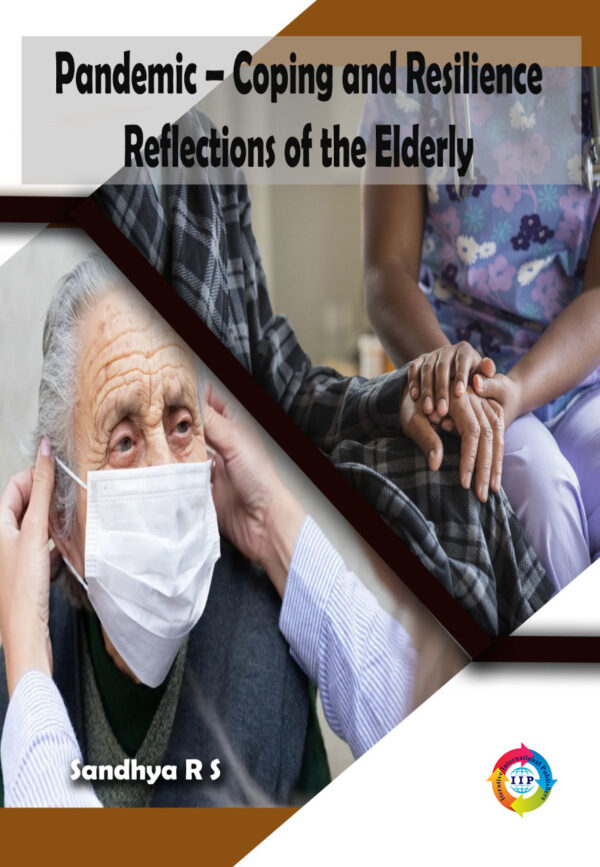
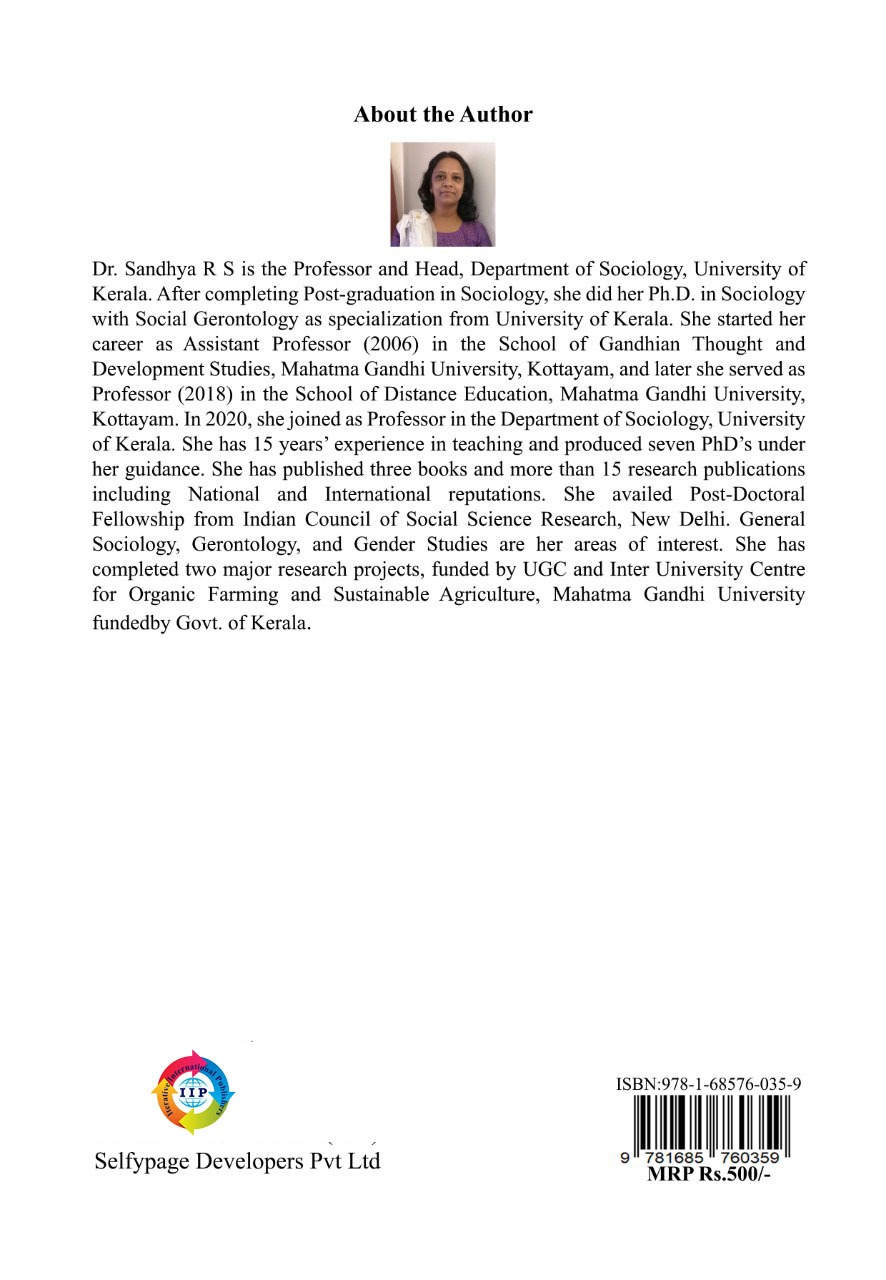

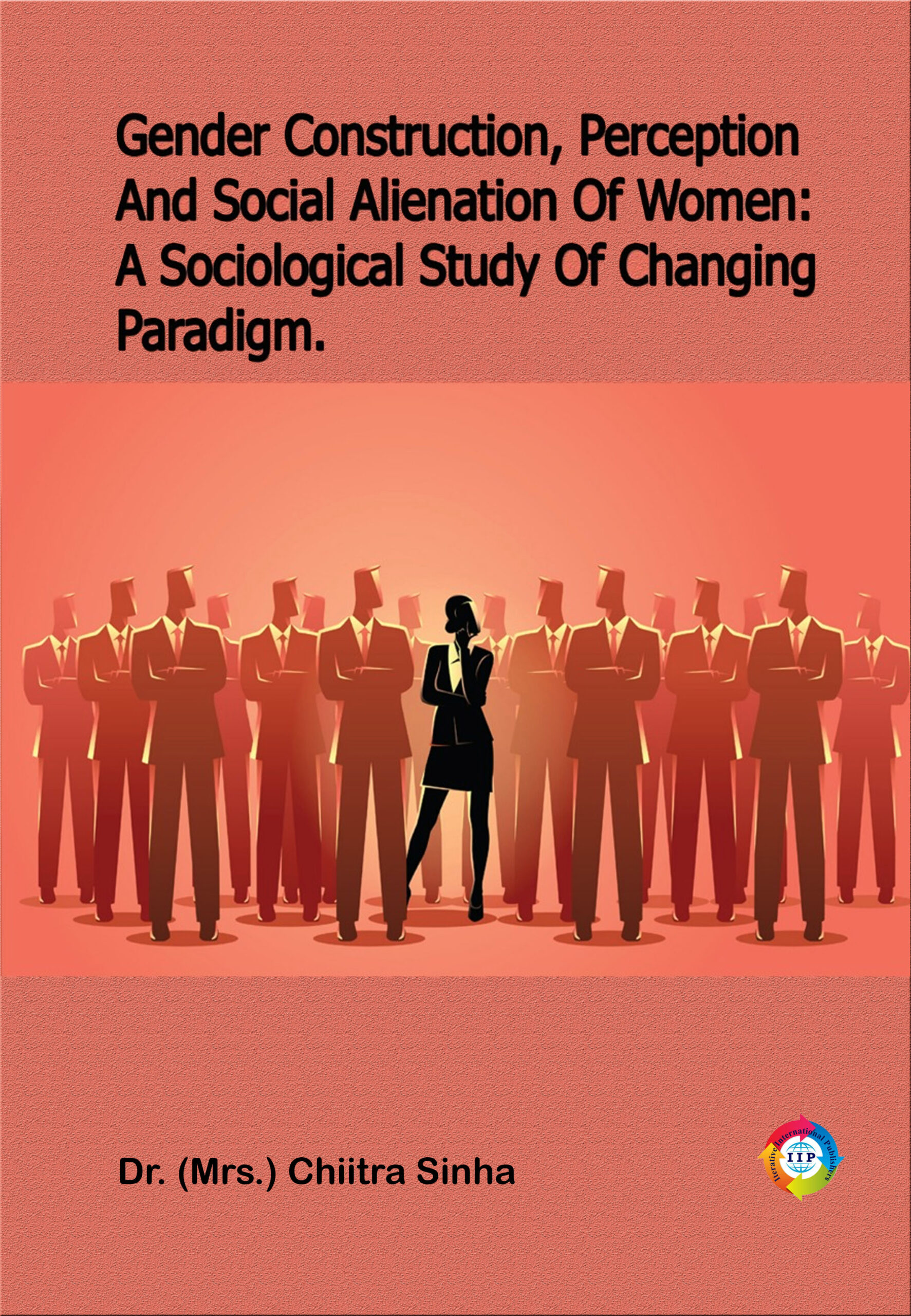
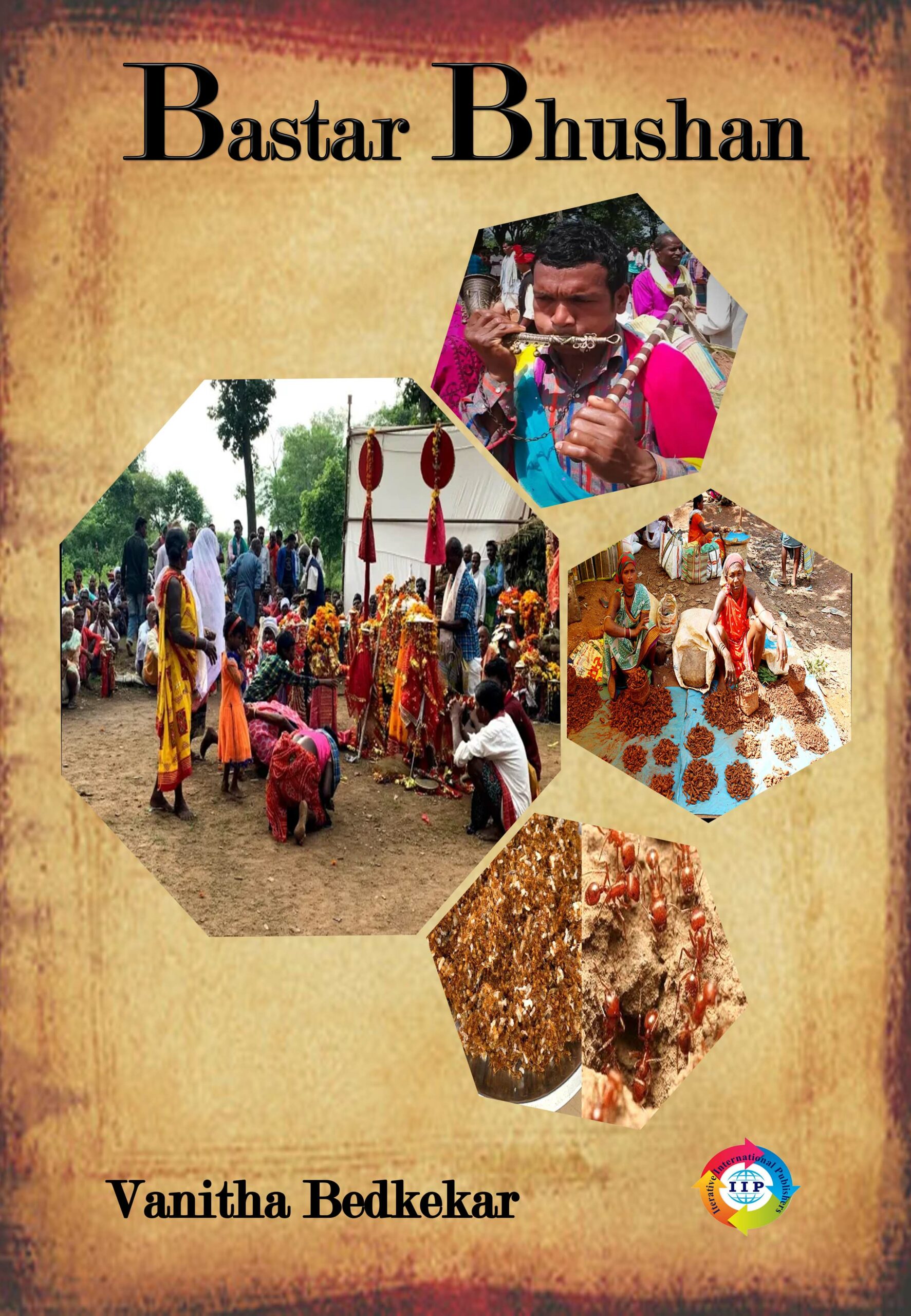
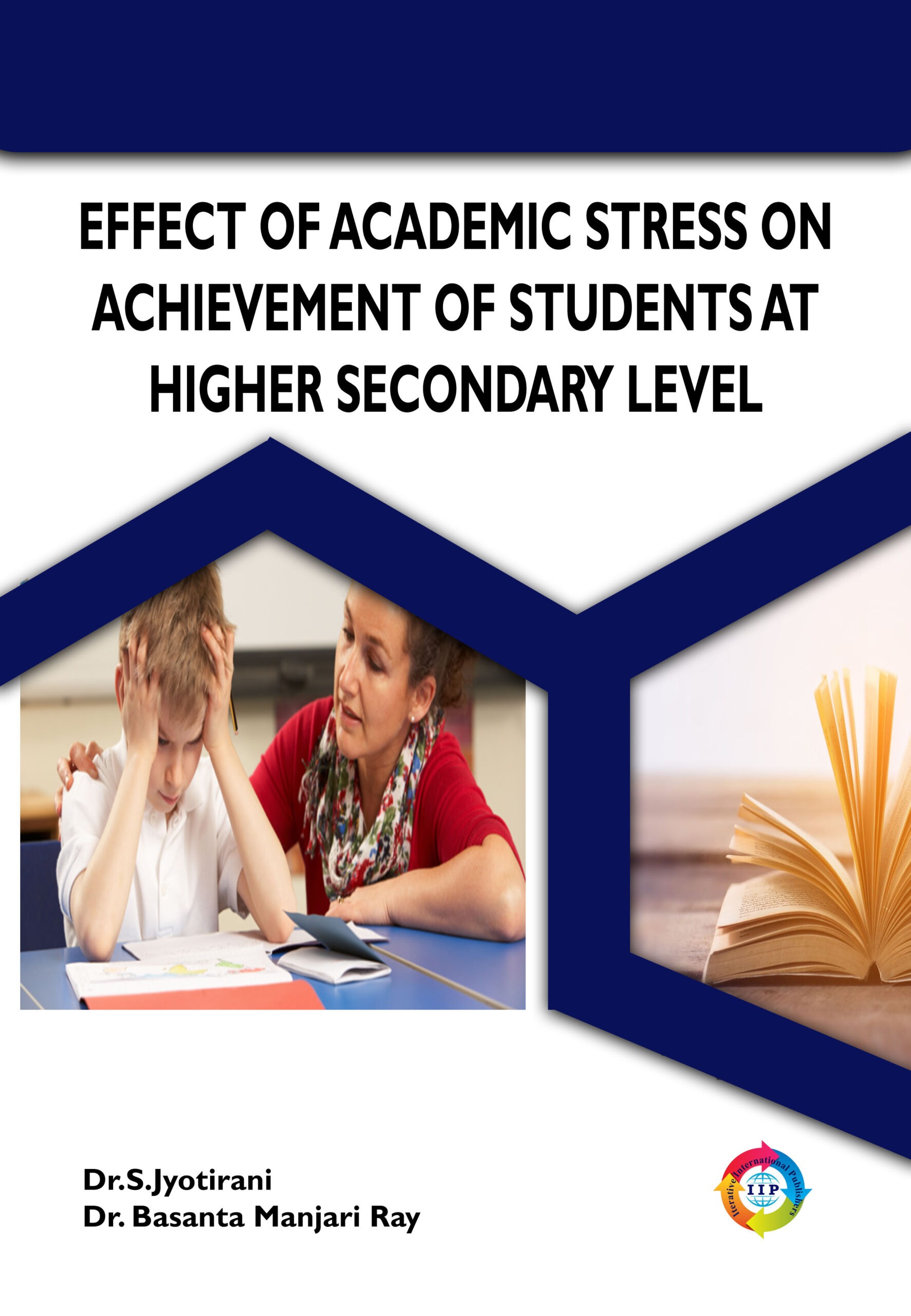
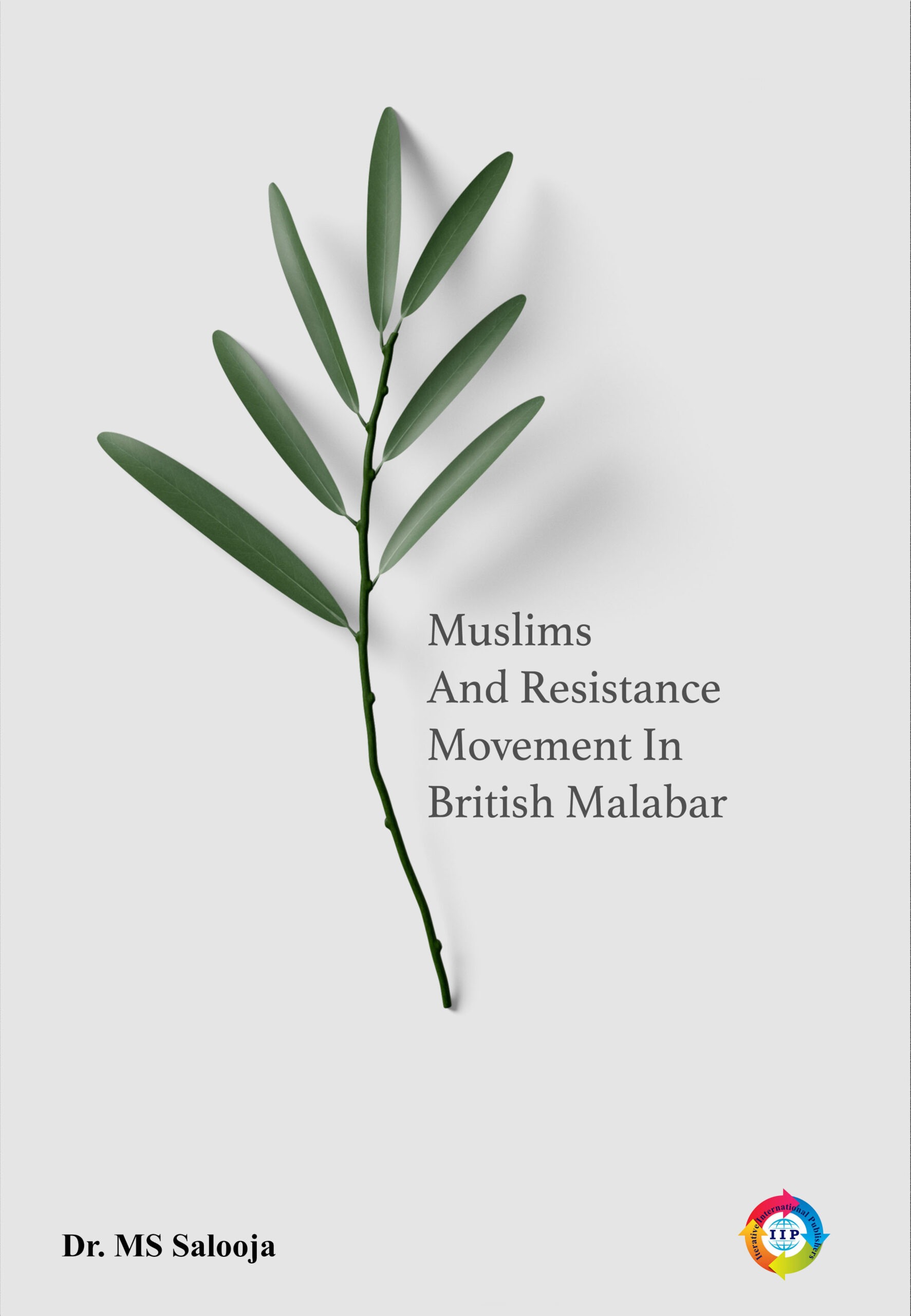
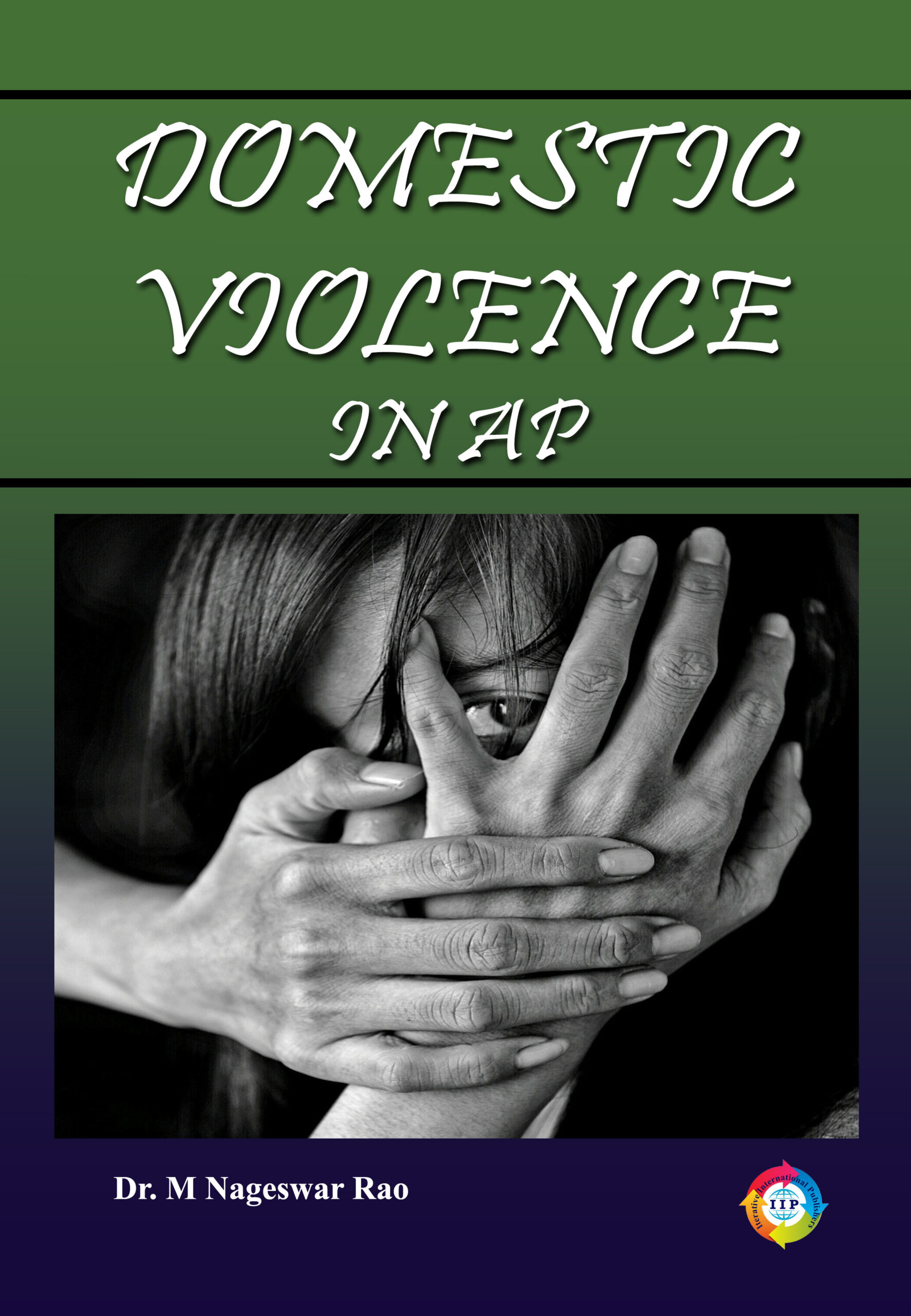
Reviews
There are no reviews yet.